What Makes The Atlantic Ocean Blue
The Atlantic Ocean is a vast body of water that covers approximately 20% of the Earth's surface. Its name, "Atlantic," is derived from the Greek mythological character Atlas, who was believed to have supported the heavens. In this post, we will explore how the Atlantic Ocean got its name and delve into various aspects of this remarkable water body.
The Atlantic Ocean stretches across the Western Hemisphere, separating the continents of North and South America from Europe and Africa. It is the second-largest ocean in the world, following the Pacific Ocean, and encompasses several subregions, including the North Atlantic, South Atlantic, Sargasso Sea, and many others.
Origin of the Name
The name "Atlantic Ocean" can be traced back to the ancient Greek myth of Atlas. In Greek mythology, Atlas was a Titan who was condemned by Zeus to hold up the sky for eternity. According to this myth, Hercules, the son of Zeus, had to perform twelve labors as punishment for killing his wife and children. One of these labors was to retrieve the golden apples of the Hesperides.
Hercules sought the assistance of Atlas, who informed him that the apples were guarded by the Hesperides, nymphs who were the daughters of the night. Atlas, however, did not want to go himself and proposed to Hercules that he would retrieve the apples if Hercules could support the heavens in his place.
Atlas' Task
Hercules agreed to Atlas' proposition and took on the weight of the heavens while Atlas went to fetch the golden apples. Atlas successfully completed his task but had no intention of carrying the heavens again. He tricked Hercules into holding the heavens for a brief moment longer as he sought to regain control.
Eventually, Hercules managed to trick Atlas into retaking the heavens, allowing him to free himself and continue his labors. In honor of Atlas and his role in Greek mythology, the vast body of water that separates the Old and New Worlds came to be known as the Atlantic Ocean.
Exploration and Discoveries
Throughout history, the Atlantic Ocean has been a crucial route for exploration and trade. Several notable expeditions have contributed to our understanding of this vast water body:
- Christopher Columbus' First Voyage: In 1492, Christopher Columbus embarked on his historic journey across the Atlantic, which ultimately led to the discovery of the Americas.
- Transatlantic Slave Trade: The Atlantic Ocean played a significant role in the tragic transatlantic slave trade, where millions of Africans were forcibly transported to the Americas as slaves.
- Transatlantic Cable: In the mid-19th century, the first transatlantic telegraph cable was successfully laid across the Atlantic Ocean, revolutionizing long-distance communication.
- Flight Across the Atlantic: In 1927, Charles Lindbergh completed the first solo nonstop flight across the Atlantic Ocean, opening up new possibilities for air travel.
These expeditions and historical events have shaped our understanding of the world and have highlighted the significance of the Atlantic Ocean in connecting different regions and cultures.
Economic Importance
The Atlantic Ocean is also of tremendous economic importance. It serves as a major trade route for goods and resources, facilitating international commerce between continents. The ocean supports a range of industries, including shipping, fishing, tourism, and offshore energy production.
The Atlantic Ocean is home to diverse marine life, including various fish species, mammals, and marine plants. The ocean's ecosystems provide important resources such as food and potential medicinal compounds, contributing to global biodiversity.
Climate Regulation
Furthermore, the Atlantic Ocean plays a vital role in regulating global climate patterns. It absorbs and redistributes heat from the Sun, influencing weather systems and ocean currents. The Gulf Stream, for example, carries warm water from the Gulf of Mexico across the Atlantic, impacting the climate of Western Europe.
Additionally, the Atlantic Ocean acts as a carbon sink, absorbing and storing carbon dioxide from the atmosphere. This helps regulate the Earth's carbon cycle and mitigate the effects of climate change.
Conclusion
In conclusion, the Atlantic Ocean derives its name from the Greek mythological character Atlas, who bore the weight of the heavens. This vast water body has played a significant role in the history of exploration, trade, and human civilization. It continues to be of great economic and ecological importance, connecting continents, supporting biodiversity, and regulating global climate patterns. The Atlantic Ocean truly encompasses a rich tapestry of history, culture, and natural wonders.
People Also Ask
How deep is the Atlantic Ocean?
The Atlantic Ocean reaches depths of up to 27,493 feet (8,380 meters) in the Puerto Rico Trench.
What is the size of the Atlantic Ocean?
The Atlantic Ocean covers approximately 41,100,000 square miles (106,400,000 square kilometers).
If you are looking for How Was the Atlantic Ocean Named? - WorldAtlas.com you've came to the right place. We have 25 Images about How Was the Atlantic Ocean Named? - WorldAtlas.com like Why is the Ocean Blue? - American Oceans, How Atlantic Ocean got its name | TheSeaholic and also The atlantic ocean | Kalpachev photography. Here it is:
How Was The Atlantic Ocean Named? - WorldAtlas.com
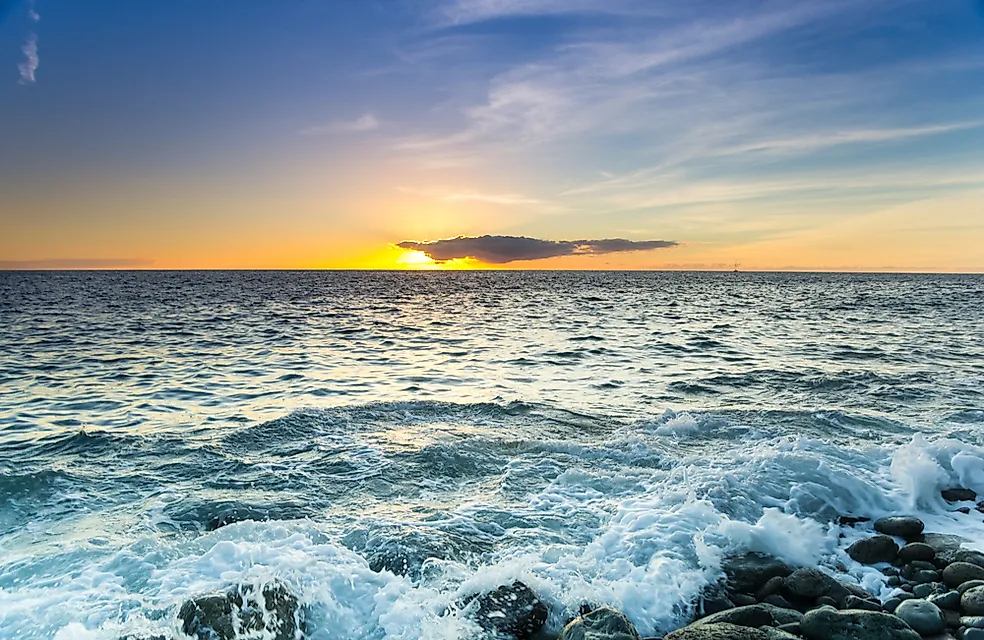 www.worldatlas.com
www.worldatlas.com ocean atlantic largest drainage named countries basins coast worldatlas basin circulation conveyor belt earth
Atlantic Ocean Blue............. | Once Upon A Time..... You… | Flickr
 www.flickr.com
www.flickr.com Blue Atlantic Ocean With Beautiful Sky Stock Image - Image Of Horizon, Excellent: 178770937
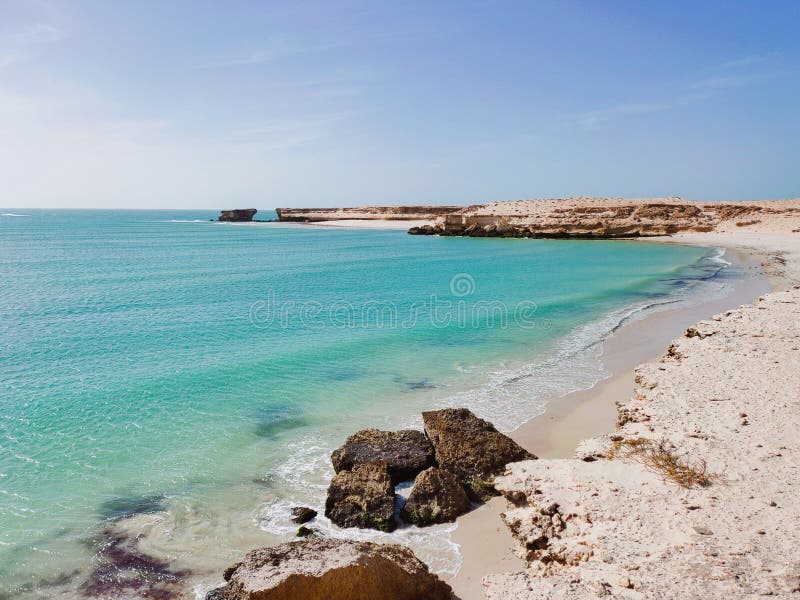 www.dreamstime.com
www.dreamstime.com atlantic
Why Is The Ocean Blue? - American Oceans
 www.americanoceans.org
www.americanoceans.org takeaway
Atlantic Ocean May Get A Jump Start From The Other Side Of The World | YaleNews
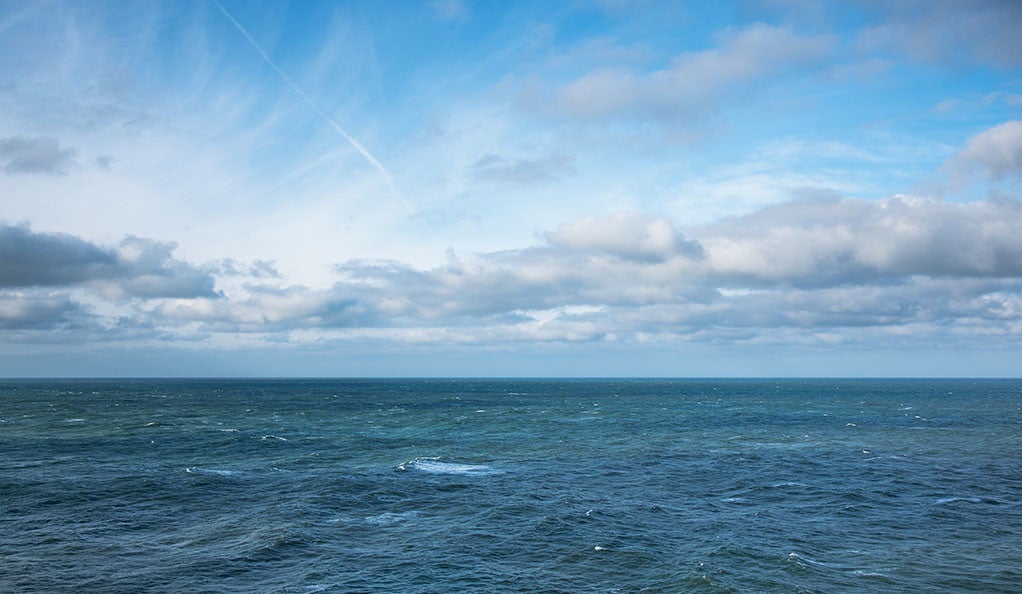 news.yale.edu
news.yale.edu How To Apply Blue Ocean Strategy
 www.designorate.com
www.designorate.com Atlantic Ocean - WorldAtlas
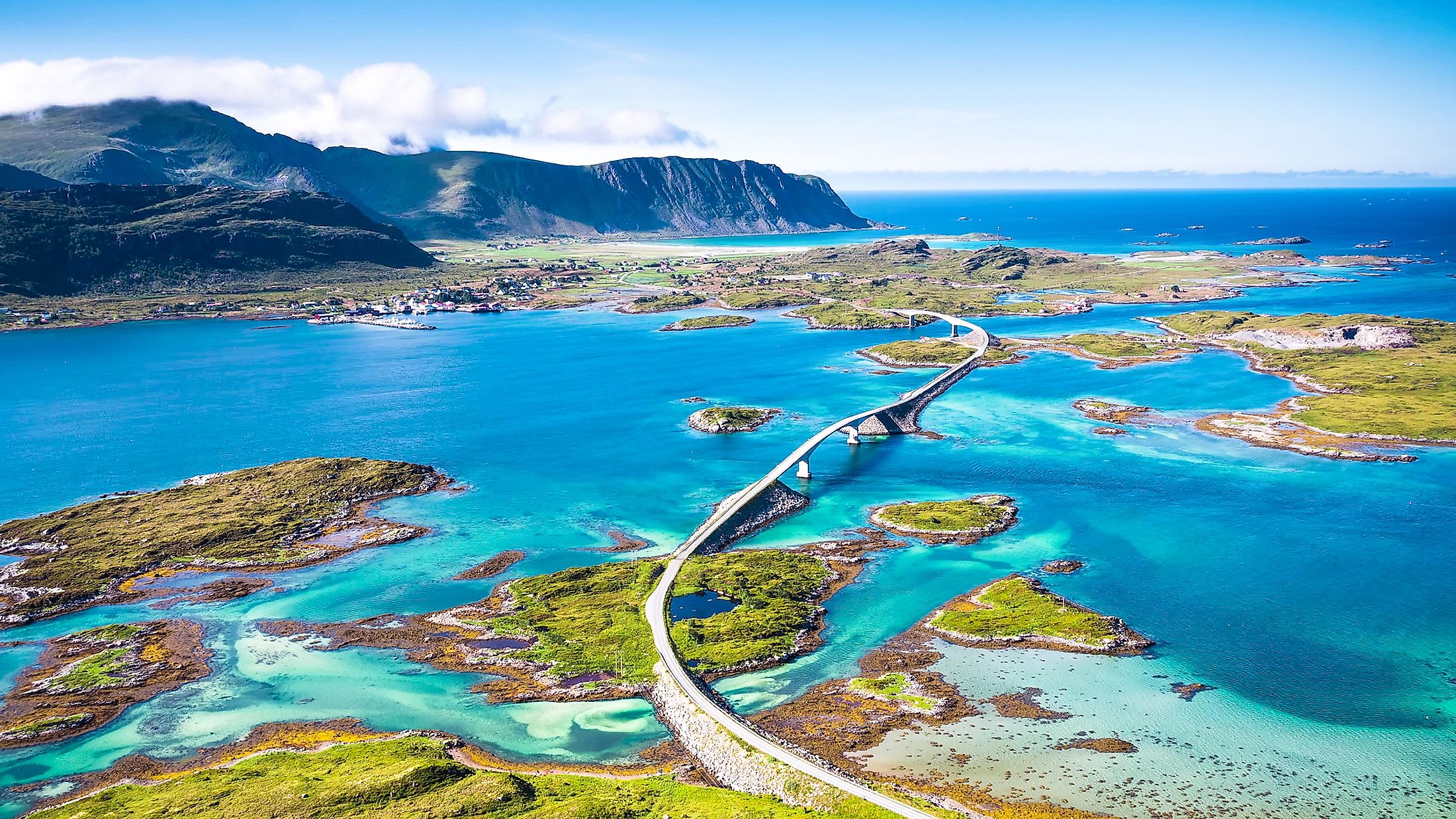 www.worldatlas.com
www.worldatlas.com norvegia norwegii norwegen norge worldatlas postschiffroute spuren mete atlantik hurtigruten skudeneshavn droga atlantycka visitare wartych miejsc zwiedzenia fdm atlanterhavsveien
The Atlantic Ocean Is Expanding. This Is The Reason. - Eminetra
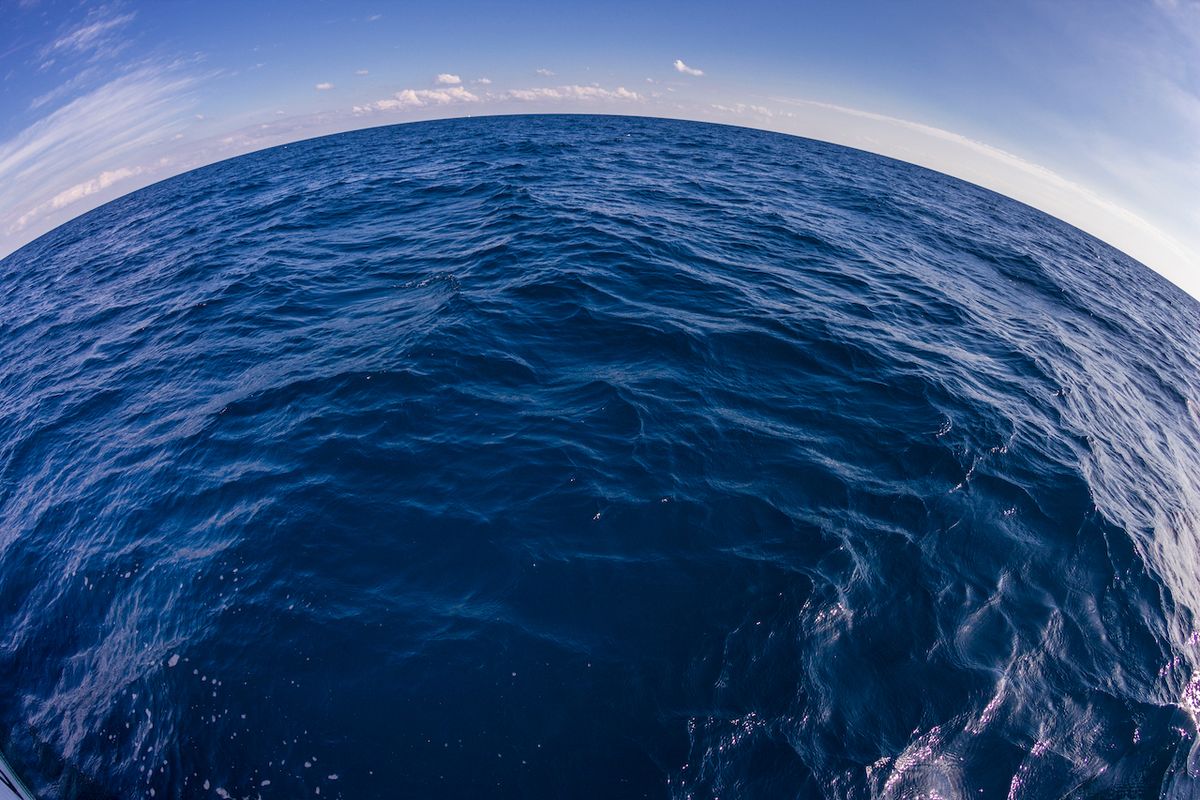 eminetra.com
eminetra.com expanding wider widening americas pushing
Why Is The Ocean Blue? - American Oceans
 www.americanoceans.org
www.americanoceans.org personnaliser hms permit noaa americanoceans
Atlantic Ocean To Disappear In 200 Million Years? -- Science & Technology -- Sott.net
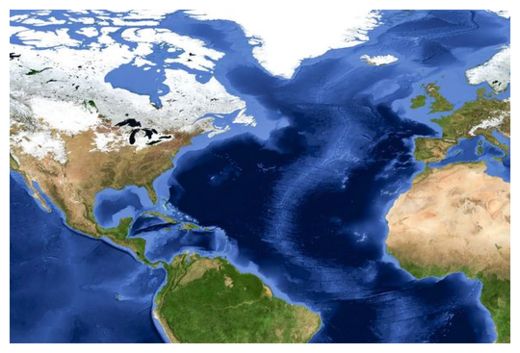 www.sott.net
www.sott.net ocean atlantic disappear million years sott stöckli nasa observatory reto courtesy earth map
Seascape, View Marine, Sea, Ocean, Water, Atlantic Ocean, Sea Blue Color, Blue Sky, White Clouds
 www.pikist.com
www.pikist.com ocean sea atlantic marine clouds blue seascape sky water color waves swell domain public pikist
Blue Ocean Photograph By Kate Gallagher | Fine Art America
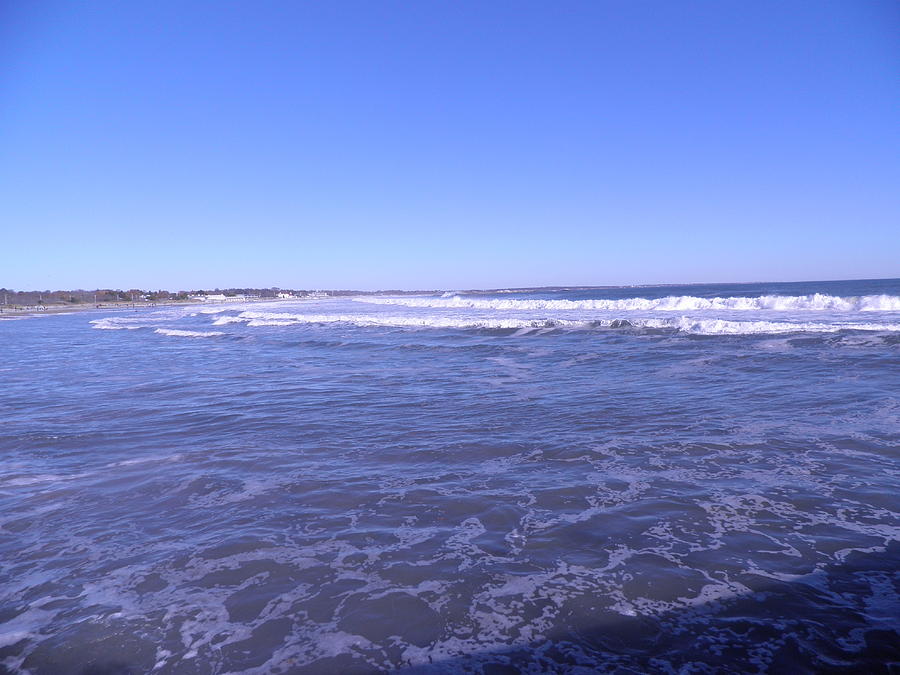 fineartamerica.com
fineartamerica.com ocean gallagher kate blue photograph atlantic 30th uploaded april which
Blue Ocean Strategy | Intrafocus
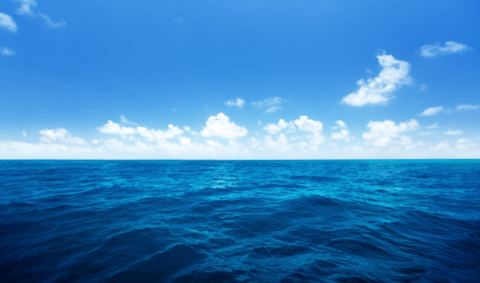 www.intrafocus.com
www.intrafocus.com intrafocus
The Big Blue (Atlantic Ocean) – Part 1/3 – Roaring Meg: Adventures Of Discovery
 adventuresofroaringmeg.wordpress.com
adventuresofroaringmeg.wordpress.com sunsets
The Ocean Is So Blue – Dauntless At Sea
 dauntlessatsea.com
dauntlessatsea.com ocean blue atlantic mid
The Contrast Between Dark Blue Atlantic Ocean And Turqoise Caribbean Sea Due To The Difference
 www.pinterest.com
www.pinterest.com Why Is The Ocean Blue? - American Oceans
 www.americanoceans.org
www.americanoceans.org americanoceans
Ocean Blues - YouTube
 www.youtube.com
www.youtube.com Atlantic Ocean Stock Image. Image Of Vista, Look, Atlantic - 6416483
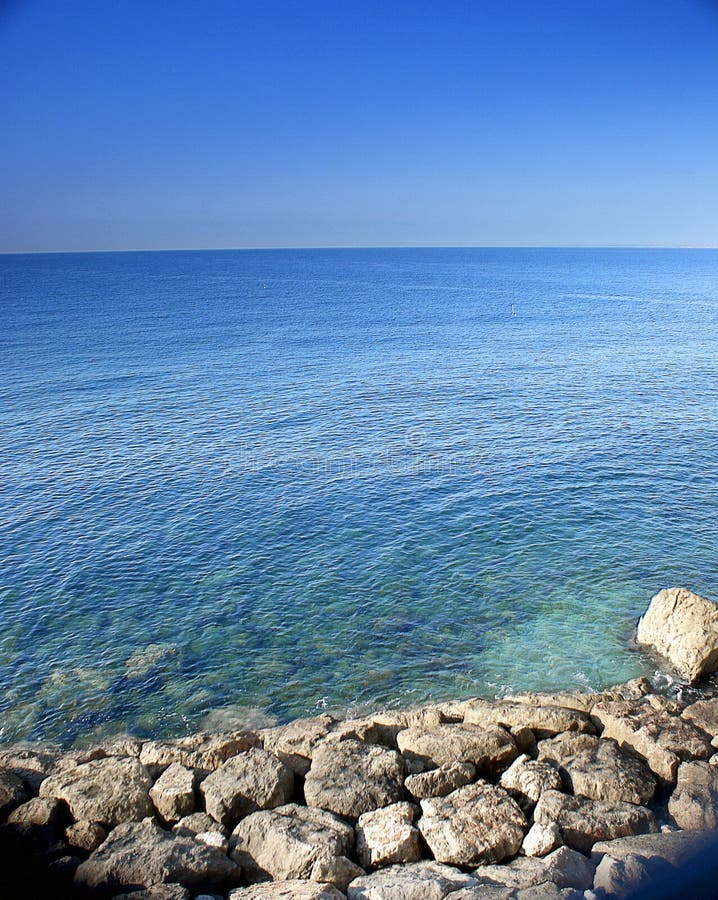 www.dreamstime.com
www.dreamstime.com atlantic ocean blue
Blue Ocean Atlantic - YouTube
 www.youtube.com
www.youtube.com Shamelessly Blue | Atlantic Ocean... | Igor Svibilsky | Flickr
 www.flickr.com
www.flickr.com The Atlantic Ocean | Kalpachev Photography
 photosample.co.uk
photosample.co.uk atlantic ocean photosample
Why Is The Ocean Blue? - American Oceans
 www.americanoceans.org
www.americanoceans.org americanoceans
How Atlantic Ocean Got Its Name | TheSeaholic
Atlantic Ocean Free Stock Photo - Public Domain Pictures
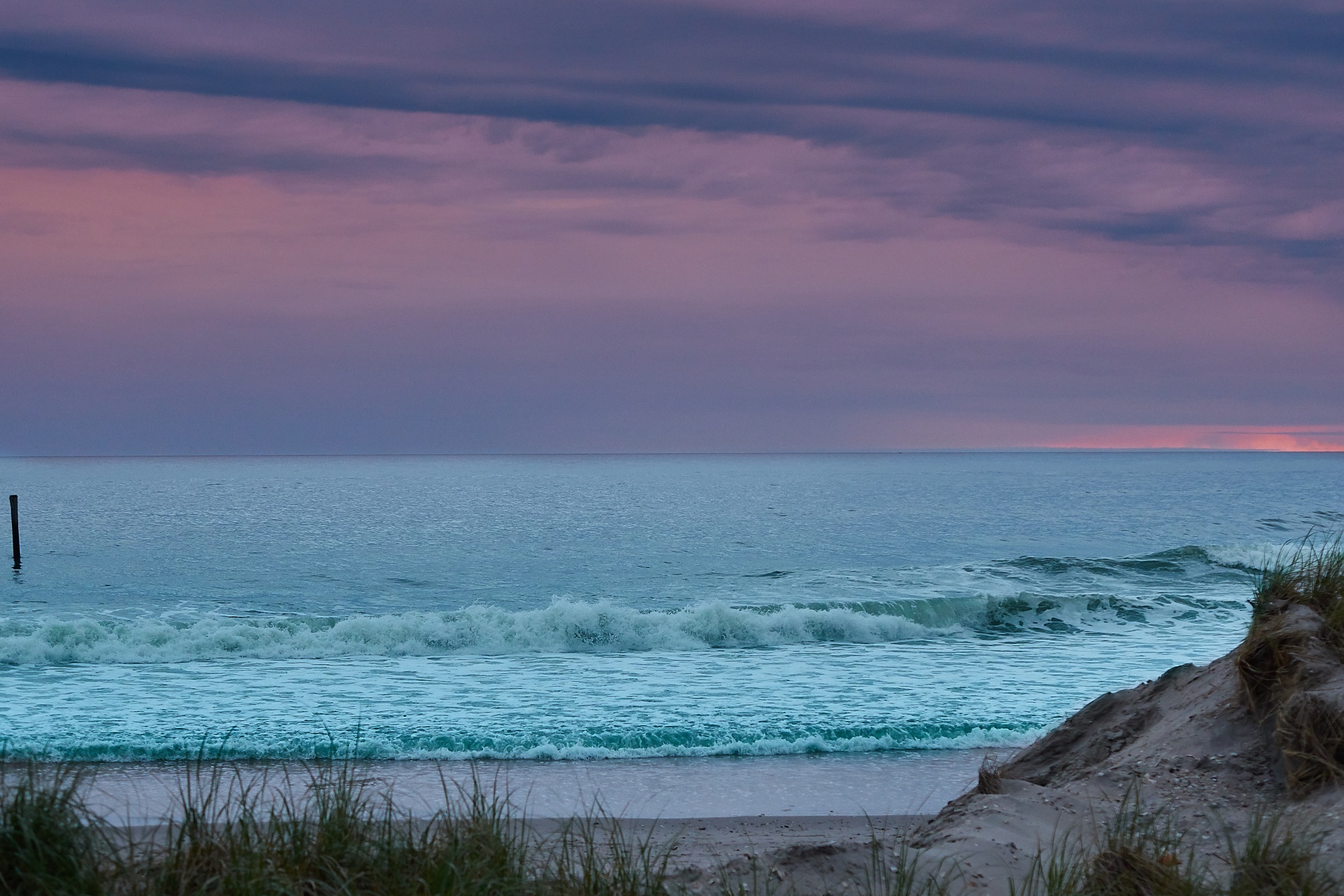 www.publicdomainpictures.net
www.publicdomainpictures.net ocean atlantic ozean atlantischer publicdomainpictures city
Atlantic ocean photosample. Atlantic ocean free stock photo. Personnaliser hms permit noaa americanoceans
Post a Comment for "What Makes The Atlantic Ocean Blue"